4 benefits of using AI in recruitment
A new era of talent acquisition has arrived. According to recent data, seven out of 10 companies plan to use AI in their hiring processes in 2025. Why is this technology becoming such an essential part of talent acquisition?
AI reduces the costs and time associated with this traditionally taxing process up to 20 percent per hire, thanks to automation and more accurate and efficient candidate selection. However, AI is still a developing technology and comes with its share of concerns.
To incorporate AI in your company’s talent acquisition effectively, you need to understand how it works, when to use it, and what to avoid. Read on to learn how to navigate the AI wave transforming the recruitment process.
What comes with using AI in talent acquisition?
When businesses use AI in talent acquisition, they use it to streamline everyday hiring tasks, including automation of important functions such as
- Screening candidate resumes
- Communicating with candidates through chatbots
- Generating predictive analytics
- Sourcing potential candidates
- Skill-matching applicants
It’s important to remember that AI’s role in recruitment and talent acquisition is that of an assistant, not a replacement for experienced HR professionals. This technology is best used to complement your approach and offload time-consuming tasks, accelerating your hiring process and freeing up your HR team to handle more high-value responsibilities.
4 benefits of using AI in recruitment
AI-based hiring solutions offer many advantages for businesses willing to make the leap.
Time savings
One of the top benefits of AI use in recruiting is its ability to streamline lengthy HR processes. AI solutions can handle tasks like screening and assessments in a fraction of the time it would take your team to do them.
This improved efficiency can lead to serious time savings; teams that use AI for candidate screening can shave off up to 75 percent of recruitment time compared to those using manual workflows. Fewer time-consuming manual tasks can mean reduced HR team burnout and more focus on fulfilling tasks, driving results elsewhere in your organization.
Improved candidate matching
According to research by the Harvard Business Review, 46 percent of HR professionals think candidate screening is the recruitment process with the highest optimization opportunity. Using deep data analysis and predictive analytics, AI can look beyond buzzwords in a candidate’s resume to better understand how they might fit into your organization. These capabilities deliver the optimization HR teams are looking for, constituting a top use case of AI in recruiting.
Potential for reduced bias
Even if we try to be mindful of them, everyone has implicit biases, which can be particularly challenging during the hiring process. AI can mitigate the impact of hiring bias through standardized evaluations and skill-based assessments.
Keep in mind that AI solutions are only as neutral as their training, so it’s up to your team to ensure that AI training materials are as unbiased as possible.
An enhanced candidate experience
Thanks to AI recruitment tools, your candidates won’t face long waits for responses because your team is too busy with other important tasks. AI chatbots can instantly respond to questions about application status as well as smooth out the candidate experience overall with 24-7 availability.
To tap into these core benefits, you must first determine where AI solutions could best fit in your talent acquisition workflow.
Where AI fits in the hiring funnel
Where AI can provide the most advantages will depend on which part of your hiring process needs the most help. Are you getting bottlenecked during candidate sourcing? Struggling to schedule interviews? Or are you simply looking for a little help getting new employees started once hired?
We’ve broken down four key stages of the hiring funnel to demonstrate how you can slot AI in HR recruitment and enhance your approach.
1. Candidate sourcing
The first step to finding the right candidate involves finding suitable applicants. But scouring the internet and creating job posts can be taxing for your team. Many businesses have turned to AI to take this process off their employees’ plates.
AI tools like Jotform’s Job Description AI Agent can quickly generate job postings that outline the right criteria to reel in the right candidates. AI can also scan social media to pick out ideal applicants based on their profiles. Once your AI assistant identifies top candidates, it can reach out and initiate the hiring process.
2. Screening and matching
After you’ve gathered a pool of suitable candidates, your AI assistant can sift through them to find the best possible people to move forward. Specifically, it can
- Evaluate resumes
- Perform skill-based matching
- Prescreen applicants
For example, solutions like Jotform’s HR Coordinator AI Agent automate candidate data collection and handle HR-related tasks. Similar AI solutions can reduce the time your team spends reviewing candidates who don’t fit your requirements and deliver a selection of top applicants who are interview ready.
3. Interviewing and selection
AI tools can also be used to automate elements of the interview process, particularly when it comes to scheduling. With AI chatbots, your candidates can quickly choose interview times on your HR team’s busy schedule. By automating this process, you can eliminate a common bottleneck in the recruitment process and ease your team’s communication burdens.
AI solutions can even provide real-time sentiment analysis of an interviewee’s voice and tone as well as determine how well their responses match your criteria. AI can also assist with tasks like note-taking and call recording, to simplify your selection process.
4. Onboarding and HR automation
Once your team has filled the position, you’ll begin the onboarding process, which can be lengthy and slow without the help of HR automation tools. AI can process contracts and respond to new employee FAQs.
For example, the Jotform HR Management AI Chatbot can help employees with common onboarding questions about policy, contracts, and more. Meanwhile, Jotform’s Employment AI Agents come in a variety of templates that can assist with document management and communication for new hires.
Addressing common concerns about AI in hiring
Because of the novelty and rapid growth of AI, many users are understandably hesitant about the implications of this new technology and how it works. In the HR industry, AI-based hiring raises a lot of questions over issues such as
- Bias in AI: Although AI can reduce hiring bias, many users (96 percent of companies) believe AI displays at least some form of bias occasionally during hiring. This partiality is often caused by bias in training data or algorithmic discrimination based on age, race, gender, or socioeconomic background. Companies must be proactive to prevent unintended consequences in this area.
- Overreliance on automation: Some users may also be concerned about the loss of the human touch. Keep in mind that use of AI in talent acquisition only informs hiring decisions; the role of soft skills and human intuition shouldn’t be overlooked for the sake of efficiency. Overusing AI in recruitment could result in misinformed hiring decisions or lead to missed opportunities to hire qualified candidates.
- Data privacy concerns: HR teams handle a large amount of private personal data. Trusting this information to AI can be dangerous without the right safeguards. That’s why it’s important to be transparent about the use of AI and ensure continuous staff oversight of this tool to maintain compliance with data privacy laws.
These concerns not only shape the way teams currently use AI in talent acquisition, but also could determine how AI evolves.
Trends and long-term impact of using AI for recruitment
As use of AI in talent acquisition evolves, new applications for the technology will likely emerge. These could include strategies that improve the accuracy and quality of hiring decisions, like
- Hyperpersonalized job matching: AI can use machine learning to find more accurate employment options for job seekers, as well as higher-quality matches for company job postings.
- AI-driven psychometric testing: For companies that use psychometric testing as part of their hiring process, AI can help improve the efficiency of such assessments. AI specializes in processing large datasets, so it can quickly and effectively extract deeper insights from candidate testing data to inform hiring decisions.
- AI workforce planning: Beyond knowing whom to hire, AI can also help HR teams determine when to hire, identifying patterns that indicate when additional workers are needed and when hiring can wait.
But along with new AI applications will come long-term shifts in the perception and regulation of this technology. Governmental bodies (both state and federal) are restricting its usage. For example, the EU Artificial Intelligence Act requires companies to adhere to strict compliance guidelines when using AI for recruitment purposes.
HR professionals who want to stay ahead of the curve must consider future-proofing their skills. If you aren’t already familiar with how to use AI in your hiring process, it might be worth learning about how other organizations use it. Test free AI tools like Jotform AI Agents to begin integrating these solutions into your workflow gradually.
Use of AI in talent acquisition can be a game changer. By streamlining your hiring process, this technology can keep your team on the cutting edge. Before integrating these tools into your HR workflow, keep common challenges in mind, and consider partnering with a trusted vendor like Jotform to ensure you get the most out of your new tools.
This article is for HR professionals, recruiters, and business owners looking to modernize their hiring strategy with AI. It’s also valuable for talent acquisition specialists and small business teams seeking faster, fairer, and more efficient recruitment processes.
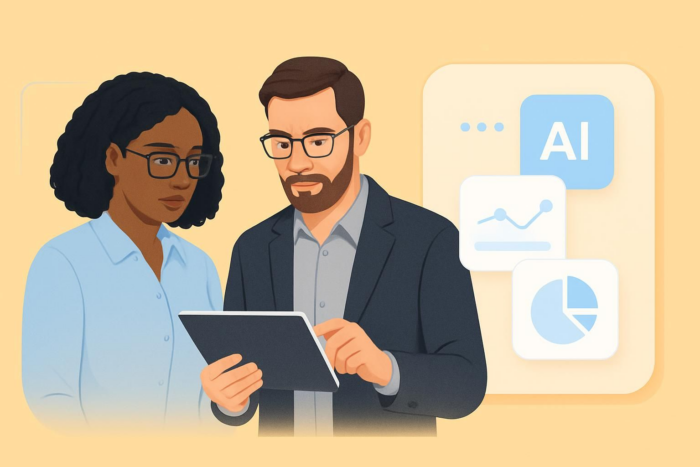

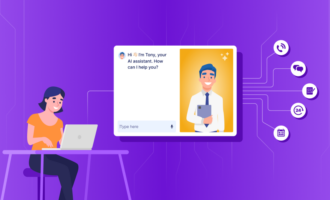
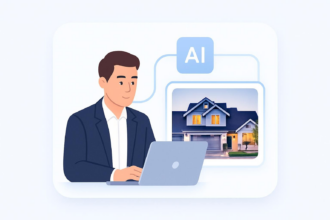

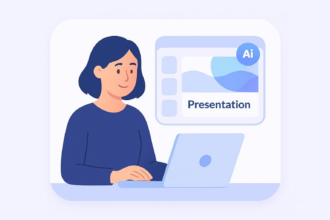


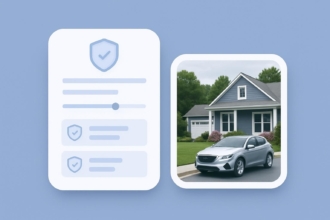
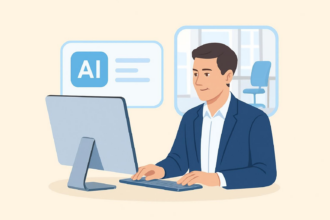

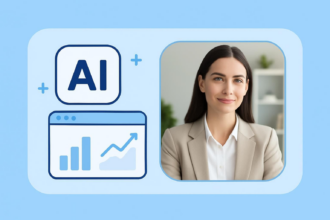
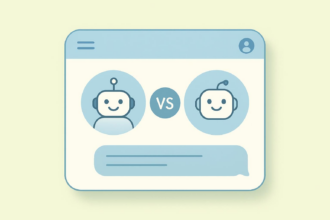
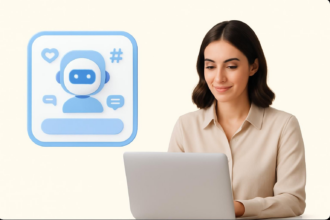
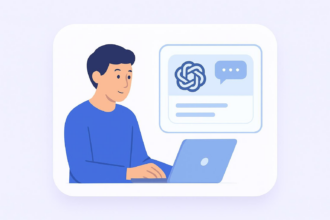

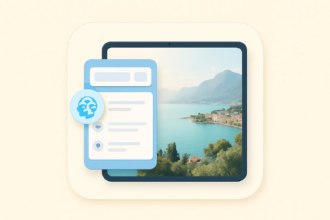


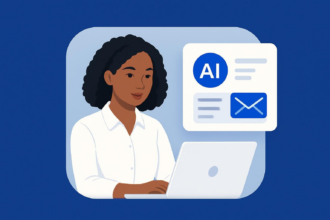

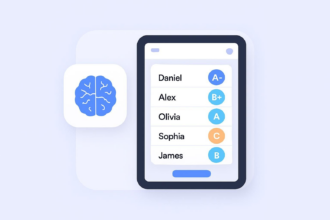
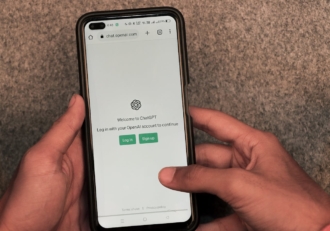
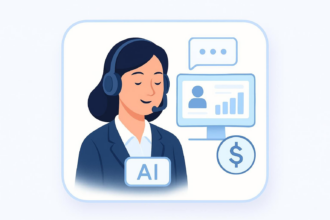
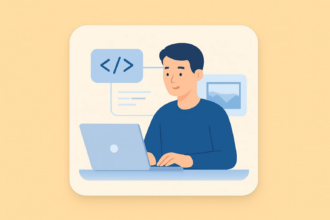

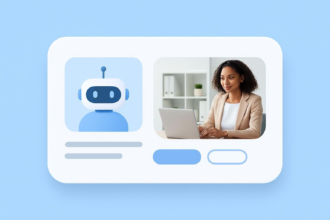


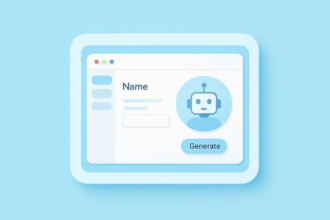
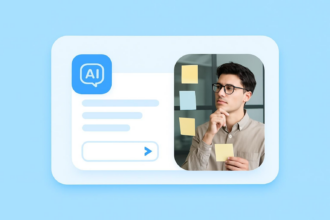
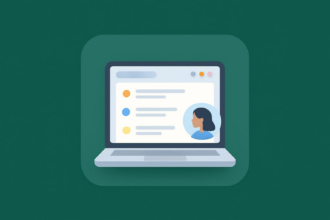







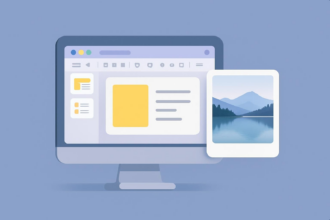
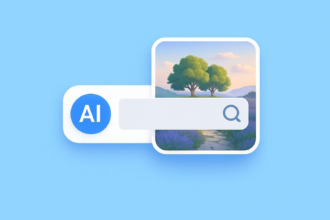


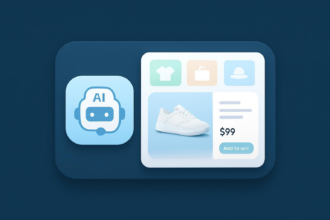
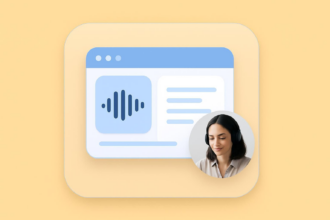


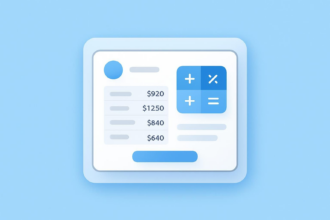
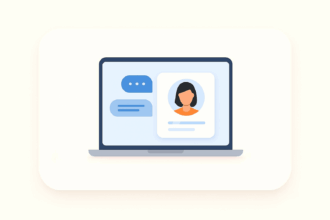



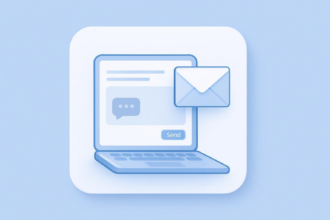

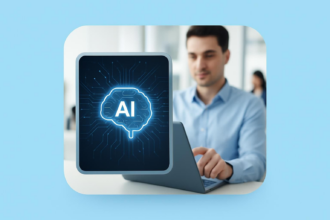
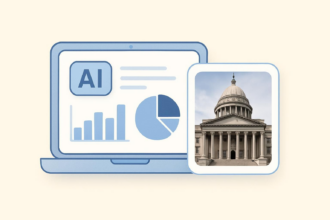

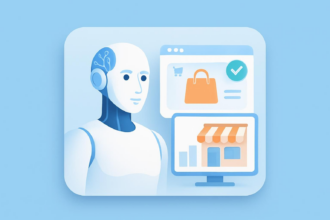






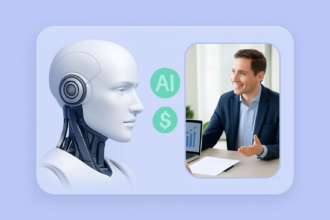


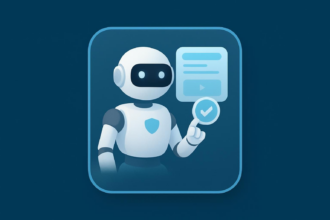
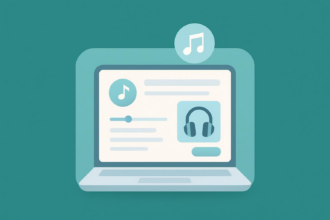
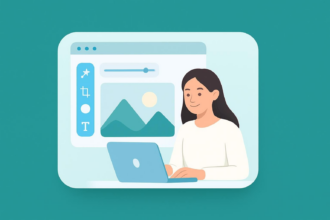

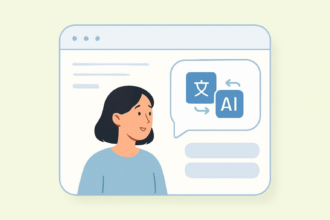
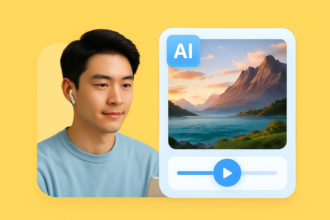
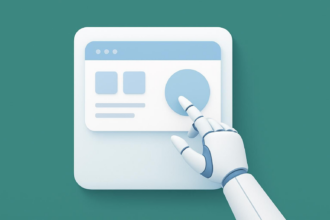
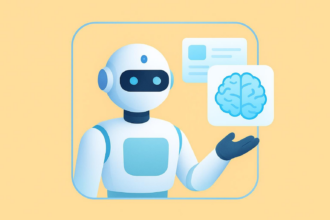
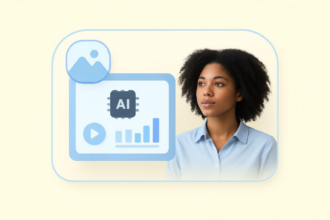

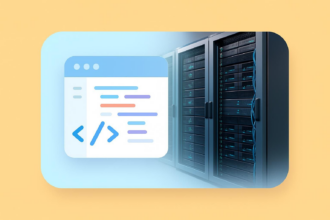

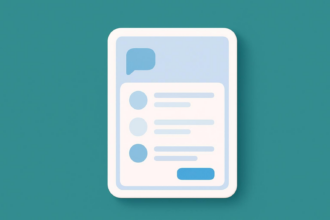




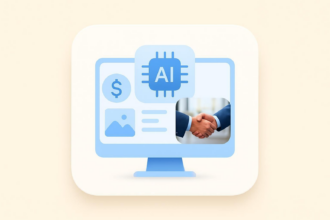

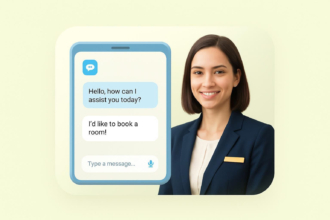



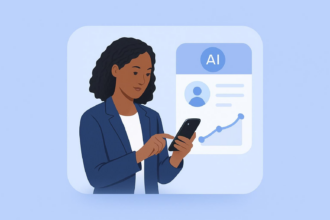
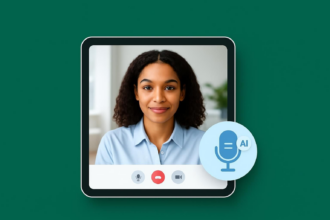
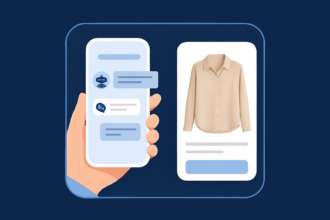

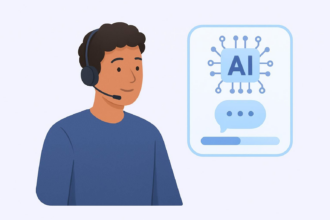







Send Comment: